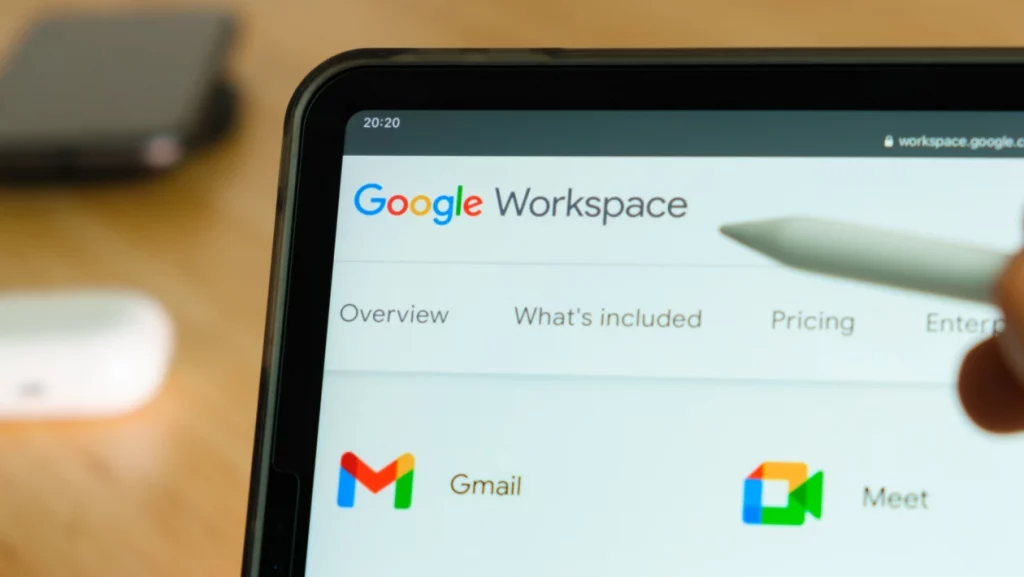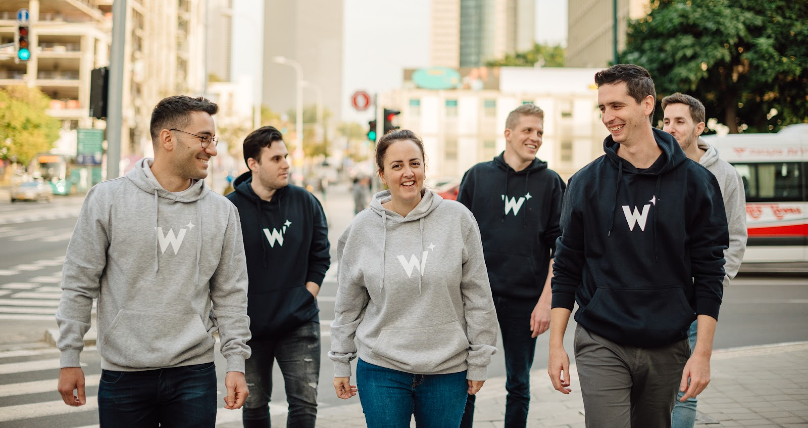In a recent blog post, Google announced that it would be adding new generative AI tools to its Workspace productivity offerings in the near future. The company claims that the incorporation of AI features into its productivity suite is the most significant development since the introduction of collaboration tools.
Workspace product VP Johanna Voolich Wright stated, “We’re excited to transform creation and collaboration all over again in Workspace,” similar to how they revolutionized real-time collaboration with coauthoring in Docs 17 years ago.


The search giant, which is currently engaged in an AI arms race with OpenAI, Microsoft, and others, has announced that in the coming weeks, it will provide a “limited set of trusted testers” with new features that will facilitate the creation of Gmails and Docs.
When a user types in a topic they want to write about in Gmail or Google Docs (like an email to an employee or a personal note), AI will immediately generate a draught that the user can then edit to their liking.
To “let AI try out a new playful voice altogether,” Voolich Wright explained, users can select the “I’m feeling lucky” option in Gmail.
What Google’s Stated
Google has stated that it plans to integrate generative AI tools across its suite of Workspace apps. Included in this category are the following: Slides, Sheets, Meet, and Chat
- Auto-generate images, audio, and video in Slides
- Go from raw data to insights and analysis via auto-completion, formula generation, and contextual categorization in Sheets
- Make your own backgrounds and take notes in Meet.
- Enable workflows for getting things done in Chat
However, Voolich Wright gave no details beyond the bullet points. It is unclear how the analytics features in Sheets and how the new image and video generation features in Slides and Meet might function.
Google has stated that it will release the new features gradually throughout the year by inviting new beta testers to try them out.
New developer resources were also announced in a blog post written by Google Cloud CEO Thomas Kurian. Among these is a new application programming interface (API) that gives programmers access to Google’s core artificial intelligence models, initially including the PaLM large language model, for use in developing language-centric software. “We are now providing foundation models,” Kurian wrote. “Initially, these models will be used to generate text and images. Customers of Google Cloud will be able to experiment with the models, make their own prompts, refine the models using their own data, and finally deploy applications.
Google also introduced a new prototyping tool called MakerSuite, in addition to a Generative AI App Builder. Google has announced that “select developers” will get access to the API and tools today, while everyone else will have to sign up for a waitlist.
Concluding
Kurian’s post has a powerful message. His company has been working on AI for “many years,” as stated in the first sentence. Google has been “responsibly developing large language models so we can safely bring them to our products,” as the fourth sentence explains. Both statements, the first highlighting Google’s pioneering role in AI and the second emphasizing the importance of security, are meant to set Google apart from OpenAI. When OpenAI made its ChatGPT model available to the public, it shocked many in the AI community because the technology was not yet fully developed.
OpenAI is expected to unveil its latest large language model, GPT-4, this week, according to media reports. According to rumors, Microsoft will also host an event at which it will announce plans to incorporate more OpenAI models into its own offerings.




